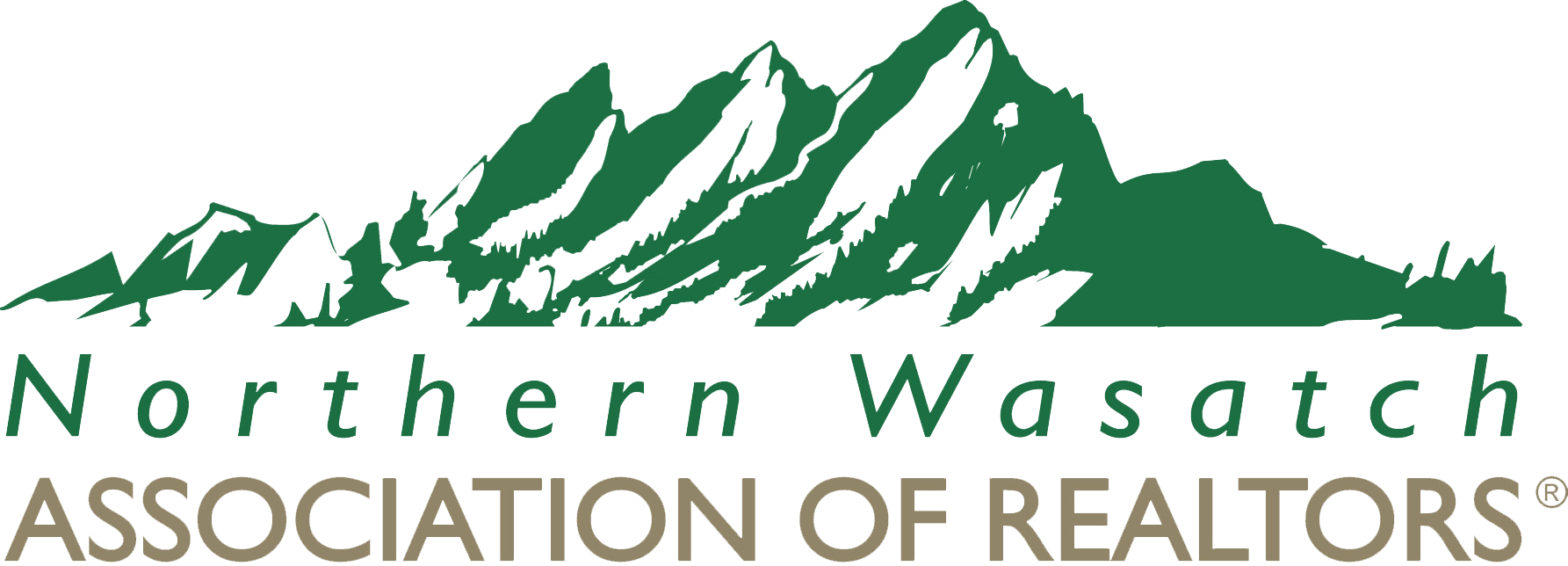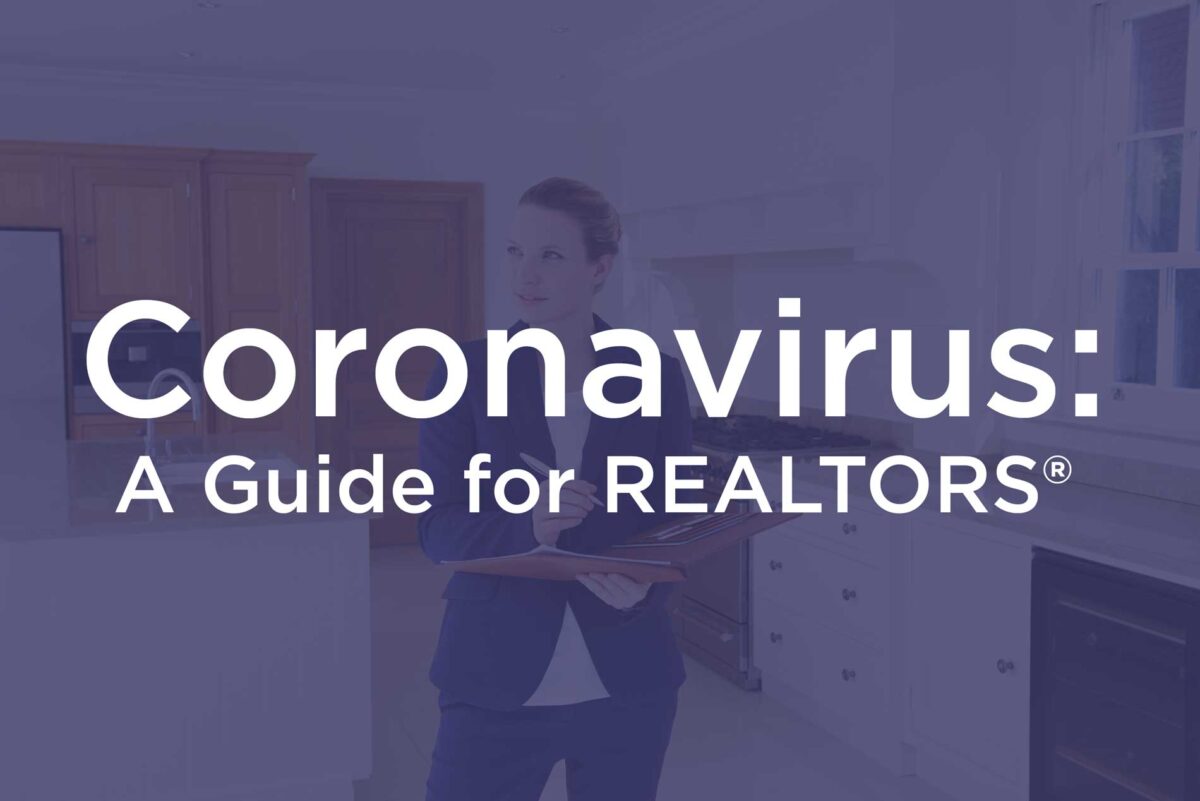Why is NAR issuing this guidance?
In response to the growing concerns about COVID-19, commonly referred to as coronavirus, NAR is providing this guidance to help REALTORS® respond to the coronavirus’s potential impact on the real estate industry. As of March 4, 2020, the U.S. Centers for Disease Control and Prevention (CDC) has issued Level 3 Travel Warnings for all of China, South Korea, Italy, and Iran, and a Level 2 Travel Warning for Japan. However, the situation is rapidly evolving. Be sure to refer to the CDC’s website for up-to-date information about travel warnings (link is external), as well as information about the coronavirus’ current impact in the United States (link is external). Daily updates about the coronavirus are also available from the World Health Organization (link is external).
What unique issues does coronavirus present to the real estate industry?
When an infectious disease, such as coronavirus, is associated with a specific population or nationality, fear and anxiety may lead to social stigma and potential discrimination. REALTORS® must be mindful of their obligations under the Fair Housing Act, and be sure not to discriminate against any particular segment of the population. While the coronavirus outbreak began in Wuhan, China, that does not provide a basis for treating Chinese persons or persons of Asian descent differently.
May I ask clients or others I interact with in my real estate business if they have traveled recently, or have any signs of respiratory illness?
Yes, you may ask clients or others about their recent travel, particularly to areas identified as having an increased risk of coronavirus. To avoid potential fair housing issues, be sure to ask all clients the same screening questions based on current, factual information from public health authorities.
I typically drive my clients to showings. May I refuse to drive potential clients to see homes?
Yes. However, be sure that any change to your business practices is applied equally to all clients. You may refuse to drive clients who show signs of illness or reveal recent travel to areas of increased risk of coronavirus, or you may instead decide to stop driving clients in your car altogether, and simply arrange to meet clients at a property. If you do continue to drive clients in your car, it is a good idea to frequently clean and disinfect surfaces like door handles and seat belt latches, and to ask clients to use hand sanitizer when getting in and out of the car.
Should I still conduct open houses on my listed properties?
Speak openly and honestly with your seller about the pros and cons of holding an open house. Assess the risk based on your specific location, and direct your clients to local and state health authorities for specific information about the severity of the risk in your area. You could also propose alternative marketing opportunities for your seller’s consideration, such as video tours and other methods to virtually tour a property. If you do hold an open house, consider requiring all visitors to disinfect their hands upon entering the home, and provide alcohol-based hand sanitizers at the entryway, as well as soap and disposable towels in bathrooms. If you decide to do any cleaning at your client’s home, be sure to check with your client in advance about any products you plan to use. After the open house, recommend that your client clean and disinfect their home, especially commonly touched areas like doorknobs and faucet handles.
What precautions should brokers consider taking in their offices?
Brokers should use their best judgment when formulating a plan. First, brokers should implement a mandatory “stay-home” policy for any staff member or agent exhibiting any sign of illness, and depending on where the broker is geographically located, a broker may want to consider imposing a mandatory remote work policy for employees and instructing agents to stay out of the office. In addition, taking measures such as holding virtual meetings or potentially postponing or cancelling in-person meetings or events may be good measures to take to limit close contact between individuals. Be sure to monitor updates from the CDC, as well as your state and local health authorities for additional information and guidance on holding meetings or events.
Finally, do not panic, stay informed, and use your best judgment. The situation is rapidly changing, so focus on putting policies and procedures in place to keep be safe, and to avoid business disruption in the event the situation worsens.

